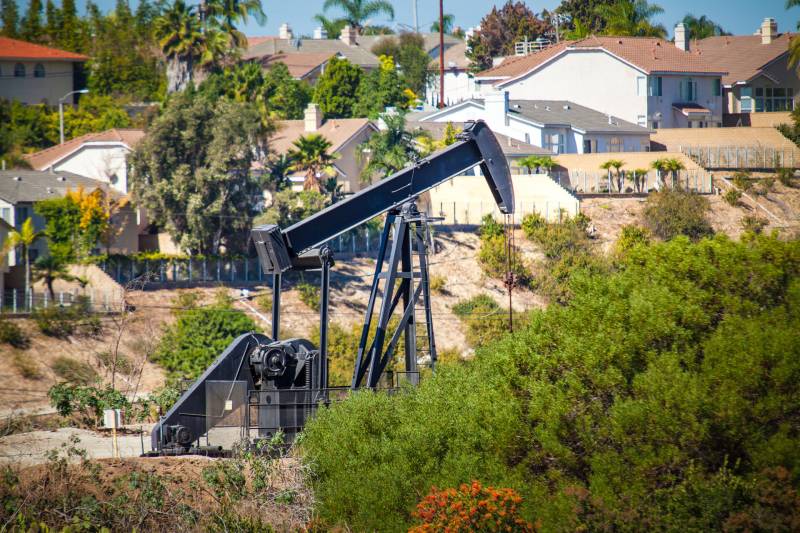The ballot challenge to the drilling law will be the second referendum to go before voters in 2024. Opponents of AB 257, a law signed by Newsom that aims to increase pay and improve working conditions for the state’s fast-food workers, also recently submitted enough signatures to qualify for the ballot.
The right to referendum laws was added to the California Constitution in 1912 as a way for citizens to fight the considerable clout that powerful industries like the railroads enjoyed in Sacramento in the early part of the 20th century. But in recent years, that tool has increasingly been used by deep-pocket interests to overturn laws unfavorable to them.
Last year voters overwhelmingly rejected Proposition 31, an effort by tobacco companies to undo a new law banning flavored tobacco. But, says veteran campaign consultant Gale Kaufman, sometimes the goal isn’t to totally reject a law, but rather to delay its implementation.
“It’s different now. They [corporations] know from Day One that they’re going to try a referendum to stop a law. Tobacco — they didn’t even run a campaign, they just delayed it to give them time,” Kaufman told KQED.
“I’m not sure killing the bill is the goal. It’s stopping it for two years until they figure out what they’re going to do next,” she added.
In 2020, the bail bond industry poured millions of dollars into a successful referendum campaign to overturn SB 10, a law that would have replaced cash bail with risk assessments for those detained and awaiting trial. Ultimately, 56% of voters supported the referendum, and the law was scrapped.
Kaufman, who ran the campaign against the cash bail referendum effort, says that preserving the law was an uphill battle for a number of reasons, including the fact that unlike limitations on oil drilling, voters needed more education to understand what bail was and why it was unfair to lower-income defendants.
“With this [drilling law referendum], it’s easy to know who the good guys are and who the bad guys are. People are pissed at gas prices and high oil prices. That’s all you have to say,” Kaufman said.
High gas prices: an argument for both sides
“Referendums are a different beast [from other ballot measures] because you have to figure out what ‘yes’ means. People get confused. That’s half the battle,” said political consultant Steve Maviglio.
He noted that for this referendum, like others before, the voting rules are somewhat counterintuitive: Voters are asked to vote “no” if they want to invalidate the new drilling law and a “yes” to preserve it.
“Both sides make it confusing and it’s so hard to win a campaign when you’re advocating a ‘yes’ vote,” he said.
Maviglio predicts the oil industry and its supporters will spend $50 million to $100 million to invalidate the law, largely by reinforcing the argument that restricting drilling will only further increase gas prices and hurt drivers.
“I can’t imagine the other side is going to have much money,” he said.
Maviglio said that while voters may not like oil companies, they might also question supporters of the new law.
“Look how much trouble the governor is having on a bill right now” to impose a penalty on excessive oil company profits, he said. “There’s distrust of oil but also of environmentalists, who want to put everyone in an electric car.”
Newsom’s office seems keenly attentive to the issue of gas prices. On Friday, his team blasted out a press release accusing oil companies of “misleading” Californians about the price of gas across the state.

